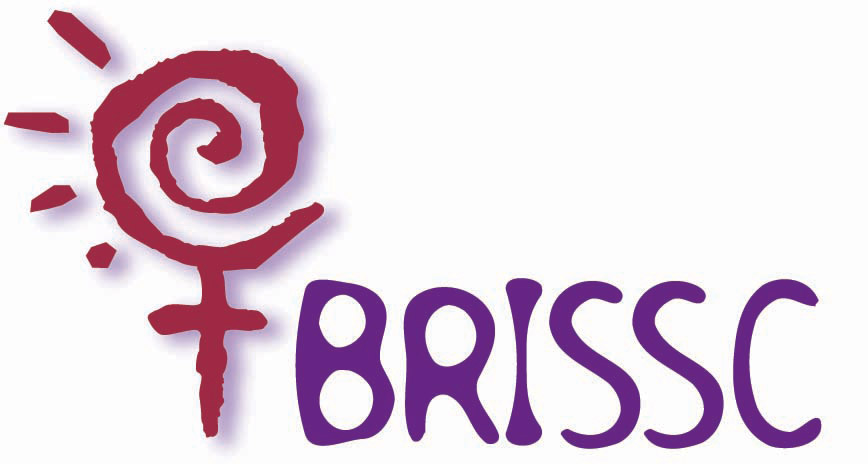What is Rape?
Rape is any form of unwanted sexual behaviour that is imposed on someone. Our definition of rape is broader than most conventional or legal definitions. BRISSC places rape within a continuum of sexual violence that can take many different forms, including:
- Sexual harassment
- Verbal abuse
- Leering, threats
- Exposure
- Being forced to watch pornography
- Unwanted touching
- Incest
- Penetration
- Mutilation
- Ritual abuse
Rape is more about the abuse of power than about sexual attraction or the desire for sexual gratification. Rape is when someone uses their power, manipulation or force to intimidate, humiliate, exploit, degrade or control another. Rape has been used as a weapon in war, in racial violence and in everyday life. Rape diminishes a person’s dignity and their human rights to safety, choice and consent.
Our definition takes into account that a person may feel as if they have been raped in circumstances that are not legally defined as constituting rape. Rape may not involve actual physical injury. It is an act that may be experienced as a violation of the physical body, and/or on emotional, intellectual, and spiritual levels.
Some examples of rape include:
- An adult relative uses trickery and bribes to make a child participate in a sexual activity.
- A husband/partner manipulates his wife into having sex in order to ‘keep the peace’ or to ‘show that she loves him’ or that it is ‘her duty’ or ‘his entitlement’.
- A boy/man pressures a girl/woman into having sex when she is not ready.
- A man expects a woman to have sex after buying her a drink or dinner.
- A man has sex with a woman when she is too drunk or drugged to give or refuse consent.
- A general practitioner convinces a woman to undertake an intimate examination when it is unnecessary or inappropriate.
Facts on Rape Publications
BRISSC has published a ‘Facts on Rape’ booklet (current at July, 2019) which details:
- Common myths about sexual violence
- Advice on what to do if you have just been sexually assaulted
- Legal considerations in relation to sexual violence (including information about Sexual Assault Counselling Notes Protection (SACNP) and the recent Non-Consensual Sharing of Intimate Images (2019) legislation)
- Advice and referral information for seeking support
BRISSC has also published a shorter ‘Facts on Rape’ brochure.
